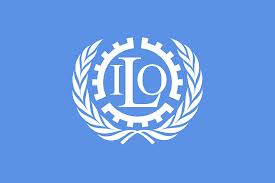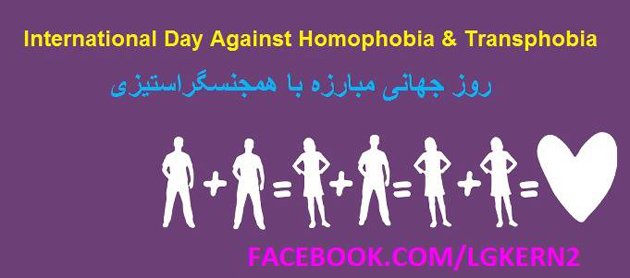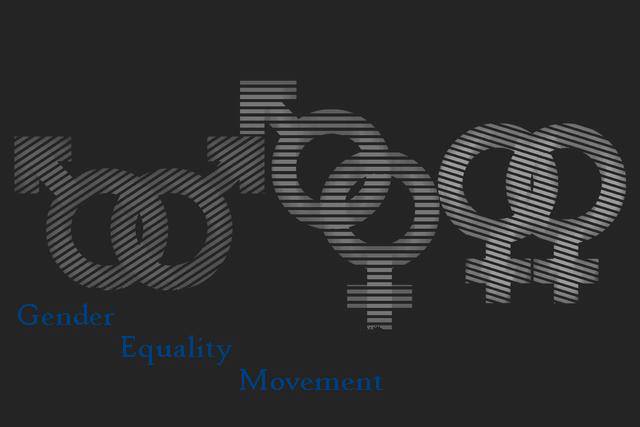Message by Guy Ryder for International Day Against Homophobia and Transphobia
17 May 2014
The ILO reaffirms its commitment to promoting decent work for all women and men, regardless of sexual orientation or gender identity. Decent work can only exist in conditions of freedom and dignity. It means embracing inclusion and diversity. It requires us to stand up against all forms of stigma and discrimination. Today we draw attention to the insidious role of homophobia and transphobia in fostering discrimination and call for concrete action to eliminate it.
There has undoubtedly been progress in recent years in recognizing the human rights – including labour rights — of lesbian, gay, bisexual and transgender (LGBT) persons. More and more countries are adopting laws prohibiting discrimination based on sexual orientation or gender identity. Yet in 78 countries LGBT persons still risk going to prison, or worse, because of laws that criminalize homosexuality. These laws must change if there is to be freedom from discrimination at work and realization of the right to equality.
Even where legal protection is in place, the reality is that many LGBT workers still face considerable discrimination at work. Recent ILO research confirms that discrimination, including harassment, remains commonplace for LGBT workers. This begins in education and continues through the employment cycle. We have to break these cycles of stigma and discrimination.
Our research shows that discrimination, harassment and exclusion from the labour market often result from preconceptions about how men and women are expected to behave. Women who are perceived to be “masculine” and men perceived to be “feminine” in behavior or appearance suffer discrimination due to their perceived sexual orientation. Whether real or perceived, discrimination on the basis of sexual orientation and gender identity casts a shadow over people’s working lives.
For transgender people, the picture is particularly bleak, as indications are that they are subject to the most severe forms of workplace discrimination. It appears in many forms – the inability to obtain identity documents, reluctance of employers to accept their new sex, increased vulnerability to bullying by their colleagues, and more. Transgender workers may be frozen out of the formal labour market completely.
The threat of discrimination leads most LGBT workers to conceal their sexual orientation or gender identity at work. This can lead to considerable anxiety and thus a loss of productivity. LGBT workers also tend to gravitate towards industries with a more tolerant working environment where they can be open. This limits their employment options, and constitutes a form of occupational segregation.
Policies are needed at both national and workplace level to protect and promote the rights of LGBT workers. It is encouraging that more and more workplaces are instituting such policies, generally as part of broader equality and diversity policies. National and sectoral HIV and AIDS workplace policies and programmes can also be important catalysts for such initiatives, which must be supported. Employers’ and workers’ organizations are key agents for change. And the ILO is committed to doing its part.
On the eve of the post-2015 global development agenda, with the need to address inequalities a strong concern, it is time – indeed it is long overdue – for all to be true to the principle of equality and non-discrimination and act decisively to ensure that LGBT workers – and all workers – can work and live in freedom and dignity.



